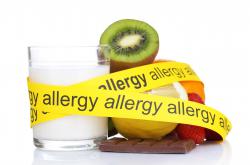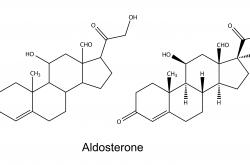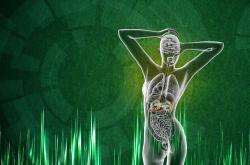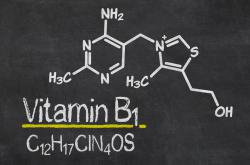Supplements For Tiredness
Why do we need to take supplements, what are essential nutrients for health and energy, and which specific supplements should you take for fatigue?

Why do we need supplements?
We may need supplements for several reasons:
- Wrong choice of food (i.e. not a balanced diet)
- Eating processed or fast food which strips the body of nutrients
- Eating food which has been produced on poor soils (without the necessary minerals etc in them)
- Eating food which has been produced with a lot of chemicals (e.g. fertilizers and pesticides)
- Inability to process nutrition adequately e.g. malabsorption or allergic reactions
It should be noted that the recommended daily allowances for most vitamins, minerals and amino acids are too low. This is because they are set are the level which will prevent disease (deficiency), not at the level which will promote health (curing an insufficiency).
Essential nutrients
These are:
Amino acids
Amino acids are the building blocks of proteins. There are 8 essential ones that must come from the diet; the remainder can be made by the body. The essential ones are:
- Typtophan
- Phenylalanine
- Taurine
- Isoleucine
- Threonine
- Methionine
- Lysine
- Valine
The symptoms of amino acid deficiency include: vague tiredness, body aches, digestive problems, and inability to concentrate. Two other amino acids L-carnitine and coenzyme Q10 are also worthy of note, as levels of these are often depressed in people experiencing fatigue.
Essential fatty acids (EFAs)
These are long-chain unsaturated fats needed from diet. The most important are
- Omega 3 – found in fish, fish oil and flax oil
- Omega 6 – found in corn oil, sunflower oil and meats and some dairy produce.
It is also important to avoid trans-fatty acids (found in French fries, chicken nuggets, cookies, etc.)
Vitamins
Although all vitamins are important for health, there are two which are specifically important if you’re recovering from tiredness:
- Vitamins B - please seeVitamin Bgroup for details.
- Vitamin C is very important for the immune system, adrenal glands and the manufacturing of connective tissue and detoxification of drugs and chemicals. A deficiency in this vitamin leads to tiredness and a less effective immune system.
Minerals
Both magnesium and iron deficiencies are covered in separate articles [please seeUnderstanding the Importance of magnesiumandIron and tirednessfor details]. Other minerals which may be low in fatigued people are:
- Molybodenum which is a trace element needed in the de-toxification of a group of chemicals called aldehydes. These are common contaminants both indoors and outdoors. Without this mineral, you can become very fatigued.
- Zinc is an important mineral which regulates inflammation, protects against toxic exposure, de-toxifies foreign chemicals and helps with digestion. Without it, you can suffer from: depression, lethargy, fatigue, frequent infections, irritability and muscle fatigue.
To sum up
The above is just a small selection of the nutrients that are essential for good health. Choose your food wisely and buy organic produce wherever you can. Please, readFood and tiredness, to find out more about the connection between your diet and fatigue.
Remember that dietary recommended amounts of any specific mineral, vitamin or amino acid may not be sufficient and you should supplement where necessary. It is wise to do this under medical supervision, as many of the essential nutrients work in harmony together. You may also need also like to read about the role of herbs as nutrients (please seeHerbs for tiredness).











.jpg)





Leave a comment